
24 Oct 2007

Draussen bleiben
No overview found
Why is a person evil? Is evil in the genes? These questions have always preoccupied people. The approaches to explaining evil are as varied as evil itself. The latest science assumes that there are three factors that shape human behavior: genes, the environment and the individual situation. All three factors interact and influence each other. The film presents the latest research and addresses one of the most exciting questions in behavioral research.
Narrator

24 Oct 2007

No overview found
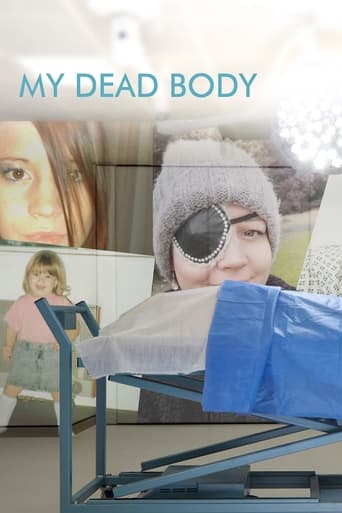
05 Dec 2022

The extraordinary moving story of Toni Crews, a young mum with a rare terminal cancer who charted her illness online before donating her body for medical research and public dissection.
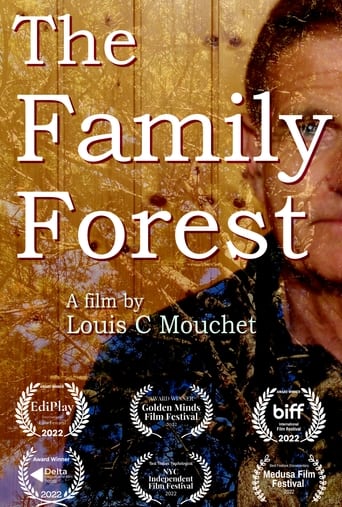

Epigenetics and psychogenealogy through a VERY personal experience.
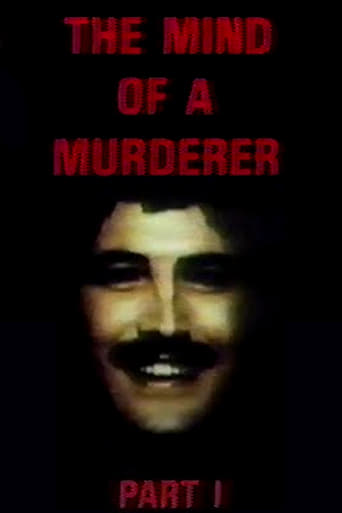
19 Mar 1984

A look into the mind of one of the Hillside Strangler murderers, Kenneth Bianchi.
12 Jan 2008
POSSESSED enters the complicated worlds of four hoarders; people whose lives are dominated by their relationship to possessions. The film questions whether hoarding is a symptom of mental illness or a revolt against the material recklessness of consumerism. When does collecting become hoarding and why do possessions exert such an influence on our lives?


‘Voices from the Shadows’ shows the brave and sometimes heartrending stories of five ME patients and their carers, along with input from Dr Nigel Speight, Prof Leonard Jason and Prof Malcolm Hooper. These were filmed and edited between 2009 and 2011, by the brother and mother of an ME patient in the UK. It shows the devastating consequences that occur when patients are disbelieved and the illness is misunderstood. Severe and lasting relapse occurs when patients are given inappropriate psychological or behavioural management: management that ignores the severe amplification of symptoms that can be caused by increased physical or mental activity or exposure to stimuli, and by further infections. A belief in behavioural and psychological causes, particularly when ME becomes very severe and chronic, following mismanagement, is still taught to medical students and healthcare professionals in the UK. As a consequence, situations similar to those shown in the film continue to occur.

08 Mar 1973

In this feature-length documentary, six teenage girls, aged 14 to 16, agree to open up and have their private worlds invaded by the camera. They have to face problems that they intend to take on "to the end": early experience of sexuality, belonging to a gang, relationships with parents, social tolerance, friendship... They live tender and pure lives in their own way.

07 Jan 2026

Jérôme was sexually abused as a child by a priest. In a deeply personal film, he tries to search for clues in his memories and come to terms with the complicity of his former social environment.

22 Nov 2016

This is a Dutch documentary about the last weeks of life in a Portuguese clinic for Emma Caris, a 18 year old girl who had been suffering anorexia nervosa since she was 16 years old.
17 May 2010
Robert Koch is one of the superstars of the scientific world. In countless publications, Robert Koch is enthusiastically celebrated as the savior of humanity, but on closer inspection, many aspects of his research appear questionable today and can only be understood in the context of his time. Koch's meteoric career in the Wilhelmine Empire is a prime example of how scientific discoveries are inextricably linked to the political and economic conditions of their time. The documentary sheds light on these conditions and interludes, drawing parallels to the problems facing infectious medicine today.
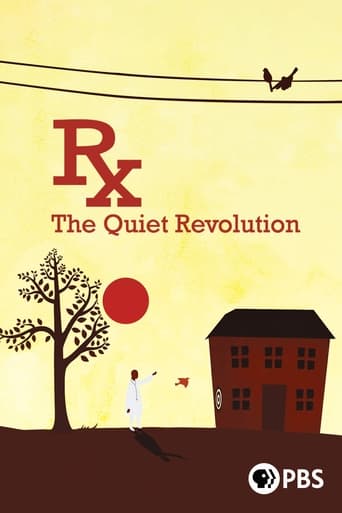
02 Apr 2015

How a patient-centered philosophy can improve outcomes and enrich the lives of patients.
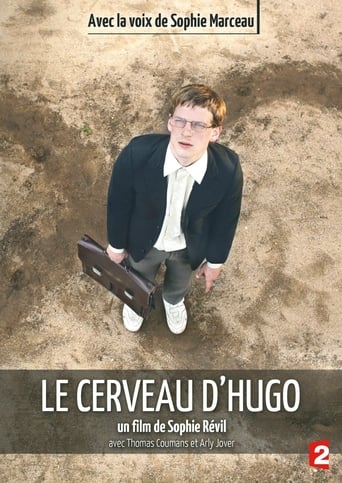
27 Nov 2012

The Hugo's Brain is a French documentary-drama about autism. The documentary crosses authentic autistic stories with a fiction story about the life of an autistic (Hugo), from childhood to adulthood, portraying his difficulties and his handicap.
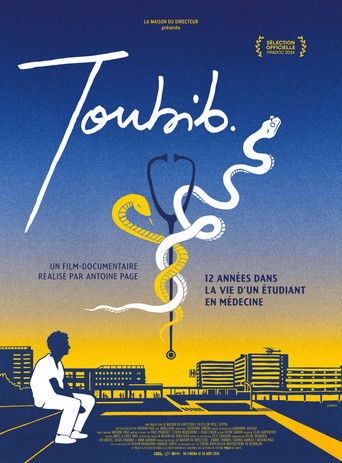
28 Aug 2024

No overview found

29 Sep 2017

Explorer Bruce Parry visits nomadic tribes in Borneo and the Amazon in hope to better understand humanity's changing relationship with the world around us.
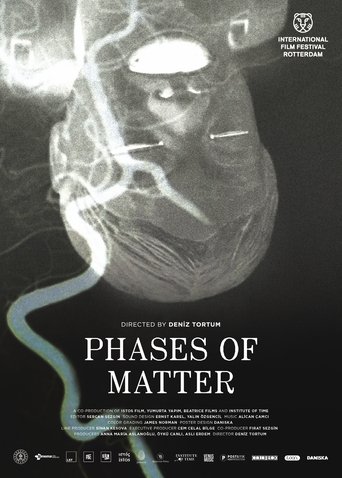
25 Jan 2020

Phases of Matter follows living and inanimate residents of a teaching hospital in Istanbul, moving from the operating room to the morgue, between life and other states, the real and the virtual.
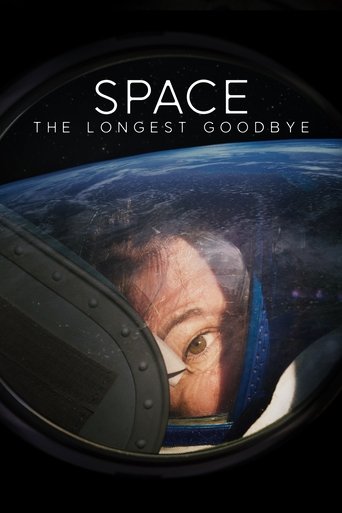
08 Mar 2024

Social isolation affects millions of people, even Mars-bound astronauts. A savvy NASA psychologist is tasked with protecting these daring explorers.

18 May 2007

A documentary about the corrupt health care system in The United States who's main goal is to make profit even if it means losing people’s lives. "The more people you deny health insurance the more money we make" is the business model for health care providers in America.
01 Jan 2013
A documentary that explores the dangerous and sometimes deadly world of fake products. An industry that once dealt in imitation designer handbags and shoes has exploded into a global epidemic of counterfeit pharmaceuticals, foods, toys, electronic goods, car parts and microchips. COUNTERFEIT CULTURE challenges consumers to take a deeper look at what appears to be harmless knock-offs at bargain prices.

24 Jul 2013

An intimate, funny and compelling take on the unique relationship and shared legacy of Tommy John, the chatty Indiana lefty who won nearly 300 Major League games, and Dr. Frank Jobe, the unassuming L.A. Orthopedist who conceived and performed a revolutionary elbow operation on John in 1974.
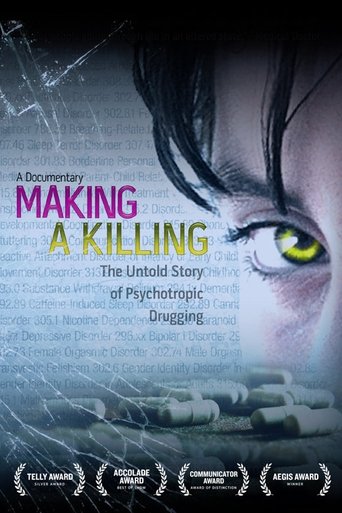
24 Oct 2008

Psychotropic drugs. It’s the story of big money-drugs that fuel a $330 billion psychiatric industry, without a single cure. The cost in human terms is even greater-these drugs now kill an estimated 42,000 people every year. And the death count keeps rising. Containing more than 175 interviews with lawyers, mental health experts, the families of victims and the survivors themselves, this riveting documentary rips the mask off psychotropic drugging and exposes a brutal but well-entrenched money-making machine. Before these drugs were introduced in the market, people who had these conditions would not have been given any drugs at all. So it is the branding of a disease and it is the branding of a drug for a treatment of a disease that did not exist before the industry made the disease.